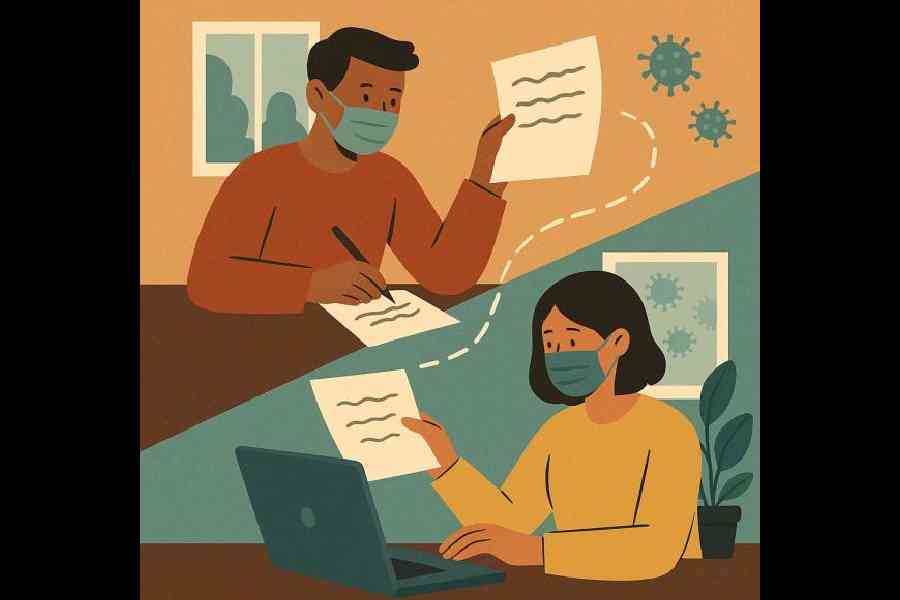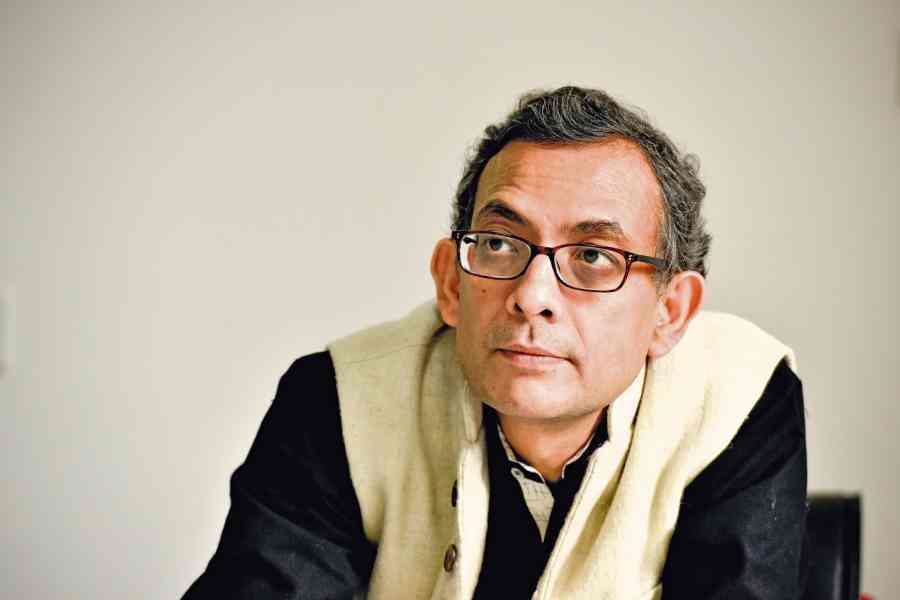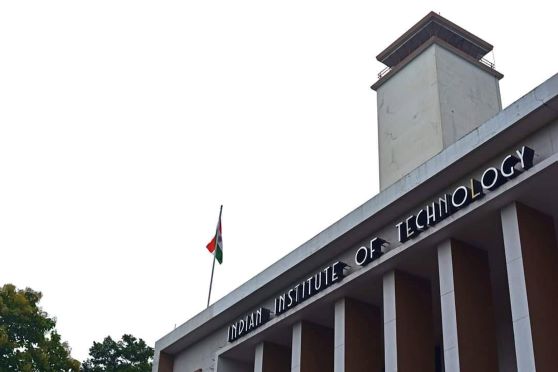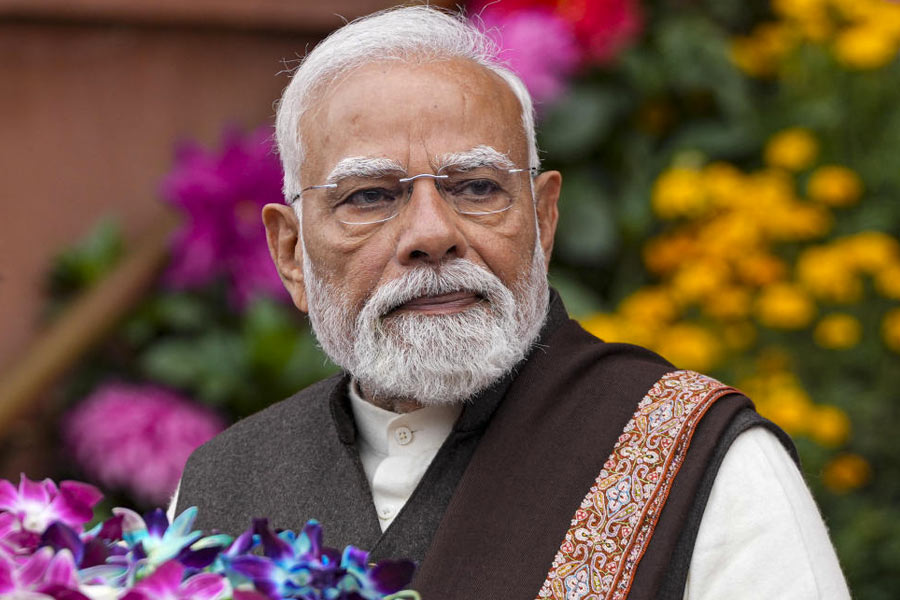BOOK- THE END DOESN’T HAPPEN ALL AT ONCE: A PANDEMIC MEMOIR
AUTHOR- Chi Rainer Bornfree and Ragini Tharoor Srinivasan
PUBLISHED BY- Aleph
PRICE-Rs 999
Children love rummaging. Others’ shelves: balm, stamps, parchment, latex. Their father’s work pants: table-sized handkerchief, safety pin (unclasped), peanuts, walkie-talkie. My mother’s book of expenses: July 13, 2020 reads, “Pomegranate: a kilo. Gauze for Khushi. A stick of glue and a snatch of parsley. Three hundred rupees.” The footnote: “Flood tomorrow.”
Chi Rainer Bornfree and Ragini Tharoor Srinivasan are academics with storied careers who met during grad school. Their new book is leavened with images of the authors’ respective families, and begins with a photo booth quartet of them as carefree, toothy half-adults. It immediately imposes a feeling of warm familiarity on what is otherwise, by nature, a self-didactic treatise. It’s an enthralling experiment.
Alexander Pope, English pioneer in publishing one’s letters for the masses, said: “... The pleasure… of… letters… is the assurance of a friend’s welfare.” C and R (as they are known throughout the work) engage in honeyed Socratic dialogue, as highly generous, sensitive, and astute observers of each other’s lives, and regularly trade notes on the trials of domesticity and the errors of the collegiate obelisk. It contains discourses on privilege, racial tensions, growing pains, children, learning to cook like your mother, a fraught relationship with diaspora, and the dual arrhythmias of democratic collapses in two countries. The pandemic serves as a premise that throws the authors’ personal and public lives in sharp relief as the hothouse challenges of home life catch up with them. Both are semi-public figures, because of which reading about their private lives may be, to some, unnerving. I enjoy the freeing unbracketing of such information from two other categories of a) meaningless exposure of the ultra-famous and b) the insignificantly revealing divulgences of the non-famous. Some letters cross the conventions of heartfelt conversation to quibbling on semantics. They bring up points from earlier emails and even earlier parts of the same email in the manner of footnotes. To some, that may feel wildly un-letterish.
The frontal nature of public writing increasingly assumes the nature of stage whispers and, hence, is attuned to the perversions of a third party. It risks making the narrative impersonal: fatal, particularly when it is epistolary. It infects any book of letters, those by Nehru and the Gandhis (Indira and the Mahatma), Kafka, H.P. Lovecraft, the Epistles of Phalaris, the Joyce Johnson-Jack Kerouac (Door Wide Open) and Peter Abelard-Heloise letters. See, for instance, the letters from Indian soldiers during World War II archived at the British Library (because they were censored), the letters between an imprisoned couple during the Emergency (Pramila and Madhu Dandavate). Why would they assume their letters would become public documents? There is a case to be made for people recognising when they are seized by a potent foment in history, and the unspent life force being put into the preservation of their — our — irretrievable human minutiae. The linguist, Catherine Kerbrat-Orecchioni, would whisper non-allocutaire and move on, signalling that all of who write subconsciously arrange it for some level of public consumption. Read your diaries.
Somewhere, C and R mention that this is “durational performance art”, which makes sense when you take in the initial name of the book (The Portal), a reference to the inimitable strength required to exchange enough greetings and salutations (between “Dearest…,” to “Dear heart”; “Hello, my friend”; “C”; “Hello dear one” to “Ah, C, well, what to say”) to last the plague. It is an incandescent, consummate work of relentless exposition, shored by reposing faith in the exemplar perceptivity and care of people we adore, holding a pennant, a lifebuoy, a donut and a tub of lemonade while a squall rages on in our hearts and the world, whenever it does. May we all be loved and seen like this.










